
Understanding AQHA’s Five-Panel Genetic Disease Test
Learn about the genetic test every American Quarter Horse Association breeding stallion must undergo and the five diseases it screens for.


Learn about the genetic test every American Quarter Horse Association breeding stallion must undergo and the five diseases it screens for.
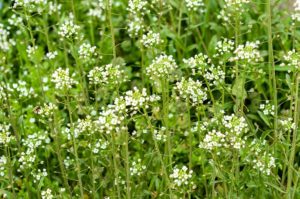
From winter and summer annuals to perennials and biennials, learn how to prevent and manage pasture weeds.

A genomic study of horses with CIA found the condition is highly heritable. Here’s what else the researchers learned about horses that don’t sweat.
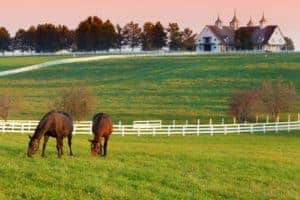
Equine welfare researcher Dr. Natalie Waran addresses the importance of studying, measuring, and caring about our horses’ quality of life.
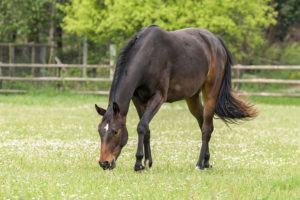
Learn about forage types and how to select the right one for your horse’s pasture.

The online questionnaire allows owners, trainers, and industry professionals to evaluate and monitor horse behavior, training, and management over time.
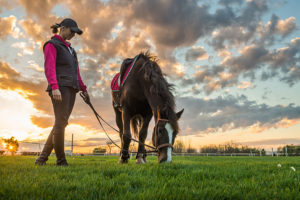
Researchers assess the pandemic’s early effects on horse owners and horse welfare in the United States, the United Kingdom, and Australia.
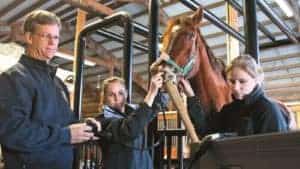
Gastric disease develops most commonly in the squamous region, when stomach acid splashes onto that vulnerable area of tissue. Why it develops in the glandular region—and how to prevent and treat it—is less clear. Five researchers discuss what we do know about equine glandular gastric disease.

Learn how to help your overweight horse shed pounds in a safe and healthy way.

Weed management in horse pastures requires time, dedication, and ongoing effort from farm owners, but it’s crucial for promoting healthy forage for horses to eat.
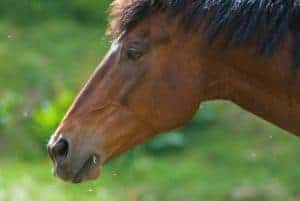
Study: This corticosteroid was effective for treating horses with asthma and produced fewer side effects than current options.
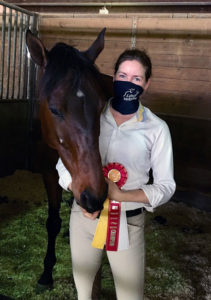
The Horse’s managing editor attended her first hunter show since Kentucky lifted its COVID-19 restrictions.
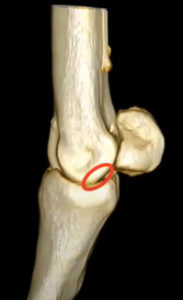
Learn why this fetlock injury occurs and how veterinarians diagnose it.
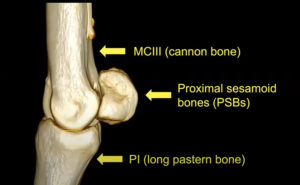
One veterinarian weighs the pros and cons of available imaging modalities when it comes to diagnosing common fetlock injuries.
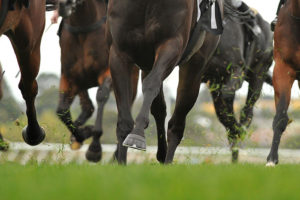
Stride changes during races and works could help identify horses at risk of impending injury.
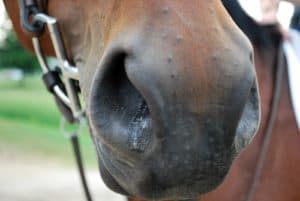
Adult horses are at greatest risk of infection in late winter and early spring.
Stay on top of the most recent Horse Health news with